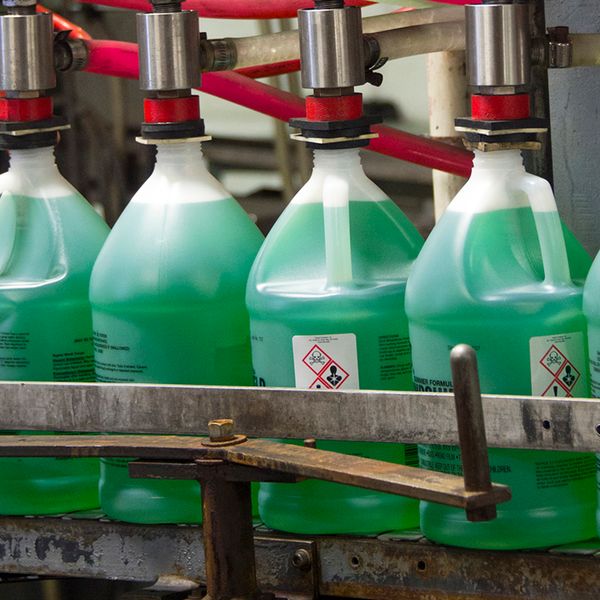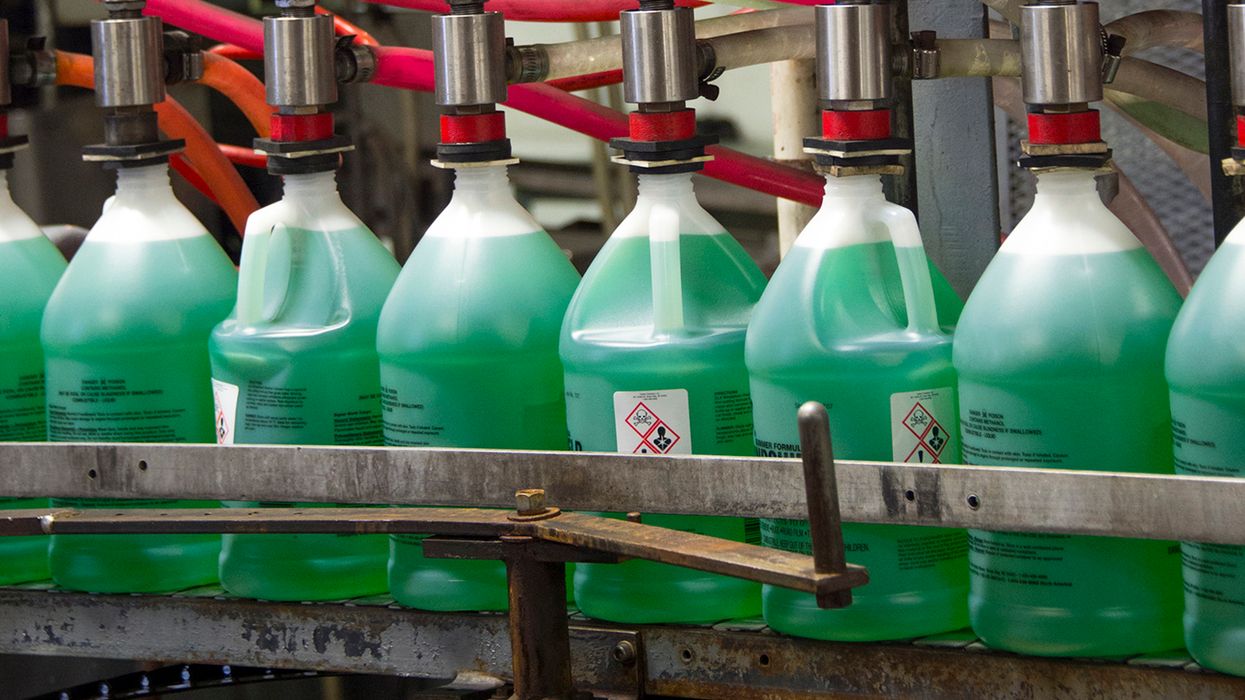DINP category slated to join EPCRA reporting
The Environmental Protection Agency (EPA) is proposing to add the chemical category diisononyl phthalate (DINP) to the toxic chemical list. The category is defined to include branched alkyl di-esters of 1,2 benzenedicarboxylic acid in which alkyl ester moieties have a total of nine carbons. The updated hazard assessment shows that the proposed DINP category meets the Emergency Planning and Community Right-to-Know Act (EPCRA) toxicity criterion because the category members can cause cancer and major or irreversible chronic human health effects. All comments regarding this proposed rulemaking must be received by October 7, 2022.
Those that own or operate a facility that manufactures, processes, or uses any chemical in the proposed DINP category may be impacted. DINP is mainly used as a plasticizer in the production of polyvinyl chloride, making the final product softer and more flexible. Under EPCRA section 313, owners/operators of certain facilities that manufacture, process, or use listed toxic chemicals in amounts over reporting threshold levels must report their facilities’ environmental releases and other waste management information on such chemicals each year. This DINP action would likely cause an added 198 to 396 filed reports annually. It is estimated to cost between $920,938 to $1,839,925 in the first year of reporting.
Under EPCRA, any person may petition EPA to add chemicals or delete them from the list. EPA first received a petition regarding this manner in 2000. Since it has been a significant amount of time since the petition, EPA prepared an updated hazard assessment and economic analysis. Much of the data that EPA took into consideration while proposing to add the DINP category to the EPCRA section 313 list, centered around studies in mice and rats. The various DINP exposure studies on these animals found liver tumors in male and female rats and mice and mononuclear cell leukemia in male and female rats among other cancerous outcomes.
Key to remember: EPA is proposing to add the DINP category to the toxic chemical list due to its ability to cause cancer and other serious chronic health effects.


















































